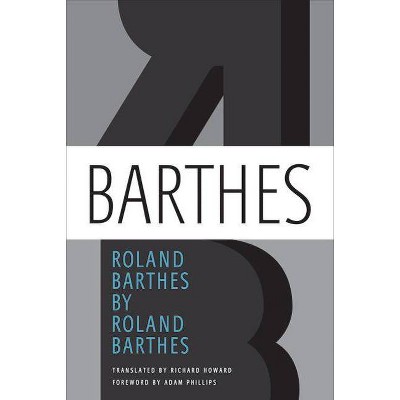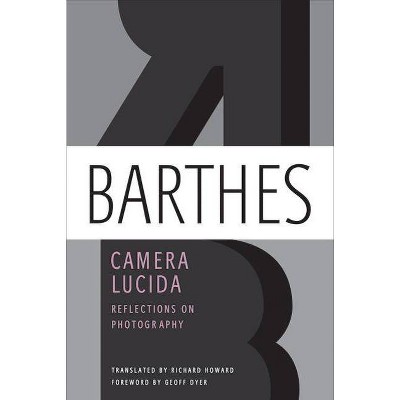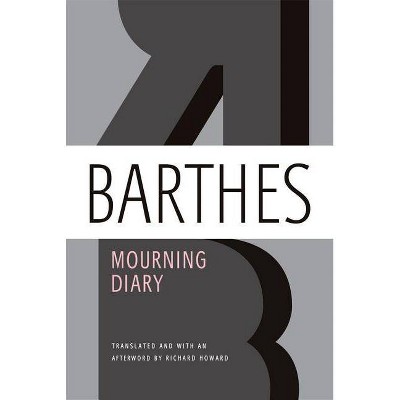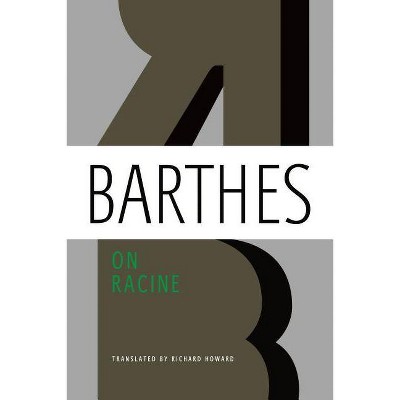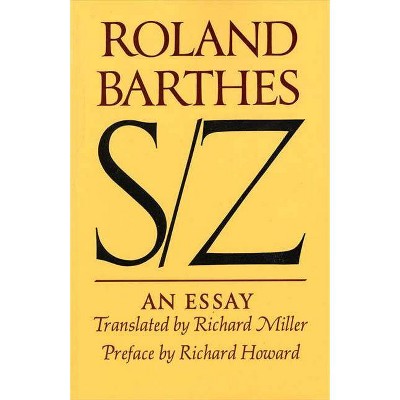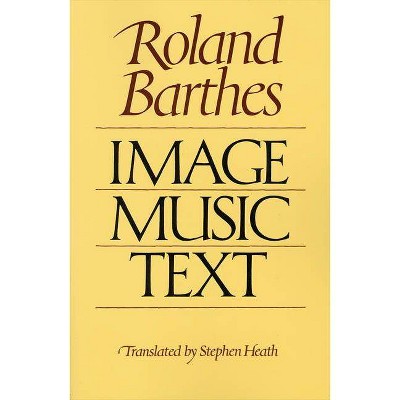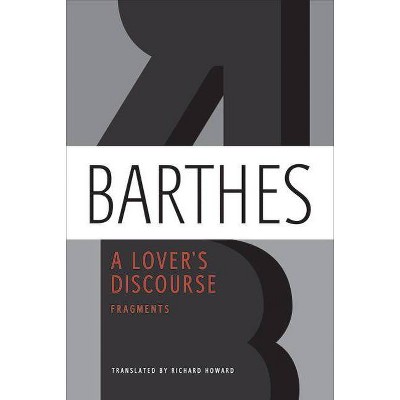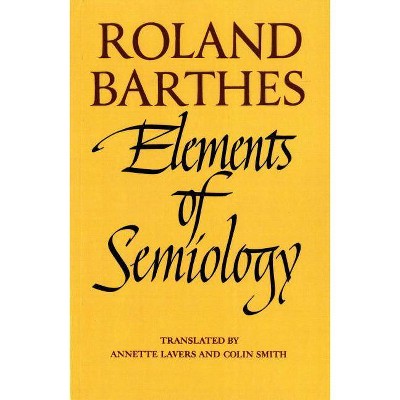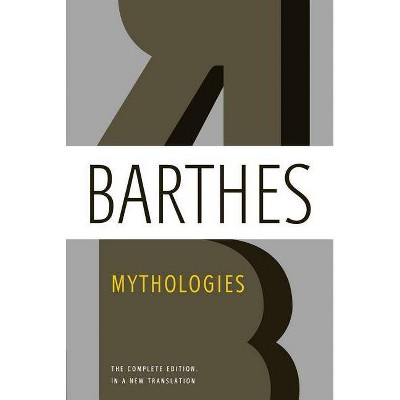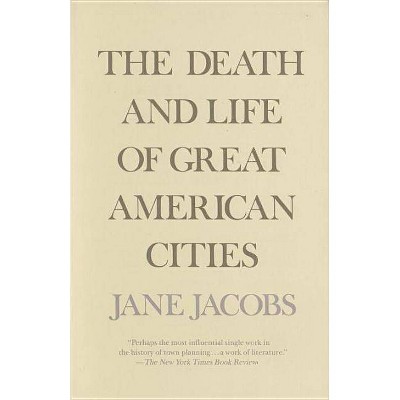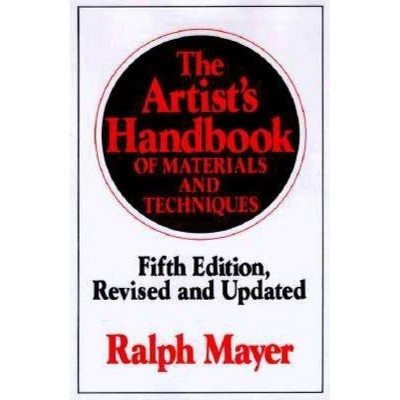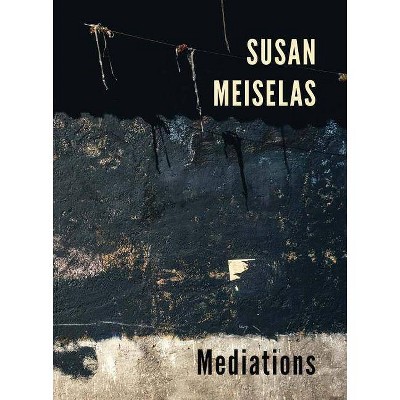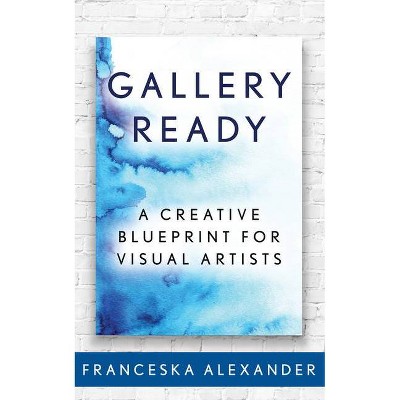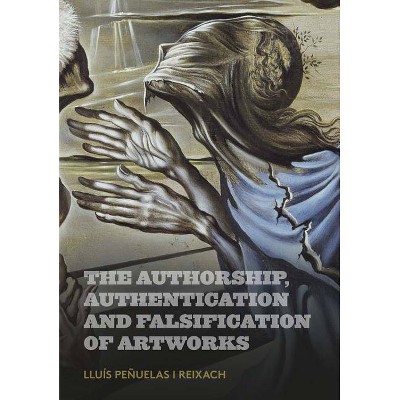A Barthes Reader - by Roland Barthes (Paperback)
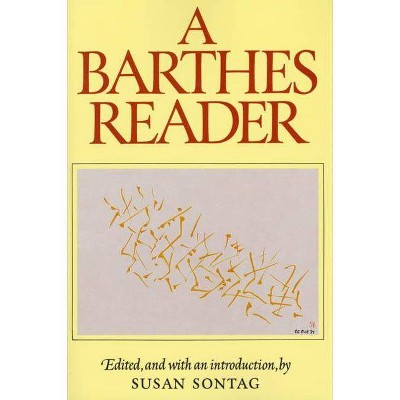
Similar Products
Products of same category from the store
AllProduct info
<p/><br></br><p><b> Book Synopsis </b></p></br></br><p><i>A Barthes Reader</i> gives one the image of Barthes as one of the great public teachers of our time, someone who thought out, argued for, and made available several steps in a penetrating reflection on language sign systems, texts- and what they have to tell us about the concept of being human. Susan Sontag's prefatory essay is one of her finest acts of criticism, informed by intellectual sympathy and a sure sense of the contours of the mind she is describing.</p><p/><br></br><p><b> From the Back Cover </b></p></br></br>'A Barthes Reader' gives one the image of Barthes as one of the great public teachers of our time, someone who thought out, argued for, and made available several steps in a penetrating reflection on language sign systems, texts- and what they have to tell us about the concept of being human. Susan Sontag's prefatory essay is one of her finest acts of criticism, informed by intellectual sympathy and a sure sense of the contours of the mind she is describing'.<p/><br></br><p><b> Review Quotes </b></p></br></br><br><p>"Roland Barthes must be counted the most characteristic and important French intellectual of the structuralist generation that gained worldwide attention in the 1960s. Yet as an intellectual authority--maître à penser, as the French tend to say--he cut a curious figure. He detested all forms of authority, worried about the power wielded by the teacher, and called his main subject, literature, 'a grand imposture.' He could be assertive, but always in the mode of counterstatement, affirming the inverse of society's accepted dogmas and myths. . . .</p><p>A Barthes Reader gives one the image of Barthes as one of the great public teachers of our time, someone who thought out, argued for, and made available several steps in a penetrating reflection on language sign systems, texts--and what they have to tell us about the concept of being human. His work is always partial, passionate underneath its cool, and preliminary, ready to be superseded or contradicted, yet its pedagogical power is durable. . . . Susan Sontag's prefatory essay is one of her finest acts of criticism, informed by intellectual sympathy and a sure sense of the contours of the mind she is describing." --Peter Brooks, Yale University</p><p>"<i>A Barthes Reader</i> gives one the image of Barthes as one of the great public teachers of our time, someone who thought out, argued for, and made available several steps in a penetrating reflection on language sign systems, texts--and what they have to tell us about the concept of being human. His work is always partial, passionate underneath its cool, and preliminary, ready to be superseded or contradicted, yet its pedagogical power is durable. . . . Susan Sontag's prefatory essay is one of her finest acts of criticism, informed by intellectual sympathy and a sure sense of the contours of the mind she is describing." --<i>Peter Brooks, Yale University</i></p><br><p/><br></br><p><b> About the Author </b></p></br></br><b>Roland Barthes</b> was born in 1915 and studied French literature and classics at the University of Paris. After teaching French at universities in Romania and Egypt, he joined the Centre National de Recherche Scientifique, where he devoted himself to research in sociology and lexicology. He was a professor at the Collège de France until his death in 1980.
Price History
Cheapest price in the interval: 40 on October 27, 2021
Most expensive price in the interval: 40 on December 20, 2021
Price Archive shows prices from various stores, lets you see history and find the cheapest. There is no actual sale on the website. For all support, inquiry and suggestion messages communication@pricearchive.us
